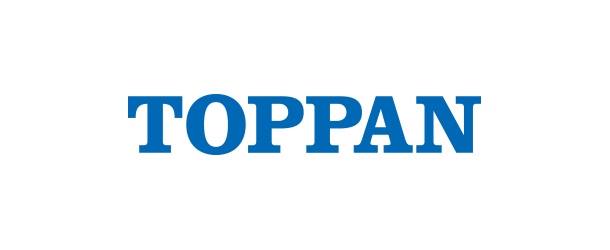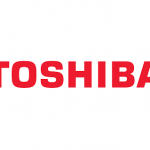Toppan, NICT, QunaSys, and ISARA Launch Collaboration to Establish Quantum Secure Cloud Technology

(WhatTheyThink) Tokyo – Toppan Printing (Toppan), the National Institute of Information and Communications Technology (NICT), QunaSys Corporation (QunaSys), and ISARA Corporation (ISARA) have announced the launch of a collaboration targeting the establishment of quantum secure cloud technology that will enable advanced information processing and secure communication, storage, and use of data.
“Toppan is proud to be able to undertake R&D on quantum computing for the creation of Society 5.0 with organizations whose activities are leading the world. For many years we have been involved in operations handling personal and sensitive information as well as security businesses focused on authentication and payment. With concern over existing cryptography technology and security being compromised in the near future, Toppan sees the implementation of new security technologies in society as a major responsibility. Quantum secure cloud technology is a concept for a practical system combining such security technologies as next-generation quantum cryptography and secret sharing. By combining the expertise of each company, we aim to make this a reality and contribute to safety and security in the age of quantum computing,” said Hiroki Shibatani, Executive Officer of Toppan’s DX Design Division.
The collaboration between the four organizations will aim to establish quantum secure cloud technology as infrastructure for data storage/transfer and post-quantum public key authentication. This will be based on system design, consideration of specifications, application of the latest quantum cryptography technologies, implementation of backup and data storage using secret sharing technology, and the development of digital signatures based on post-quantum public key cryptography(*1).
In addition, as part of the Japanese government’s Cross-ministerial Strategic Innovation Promotion Program (SIP), the NICT is working to establish international standards and is aiming to make proposals to such organizations as the ITU-T, ISO/IEC, and ETSI by fiscal 2022. These proposals cover such areas as network requirements, architecture, and security requirements as well as the evaluation and testing of key management and quantum cryptography modules.



















